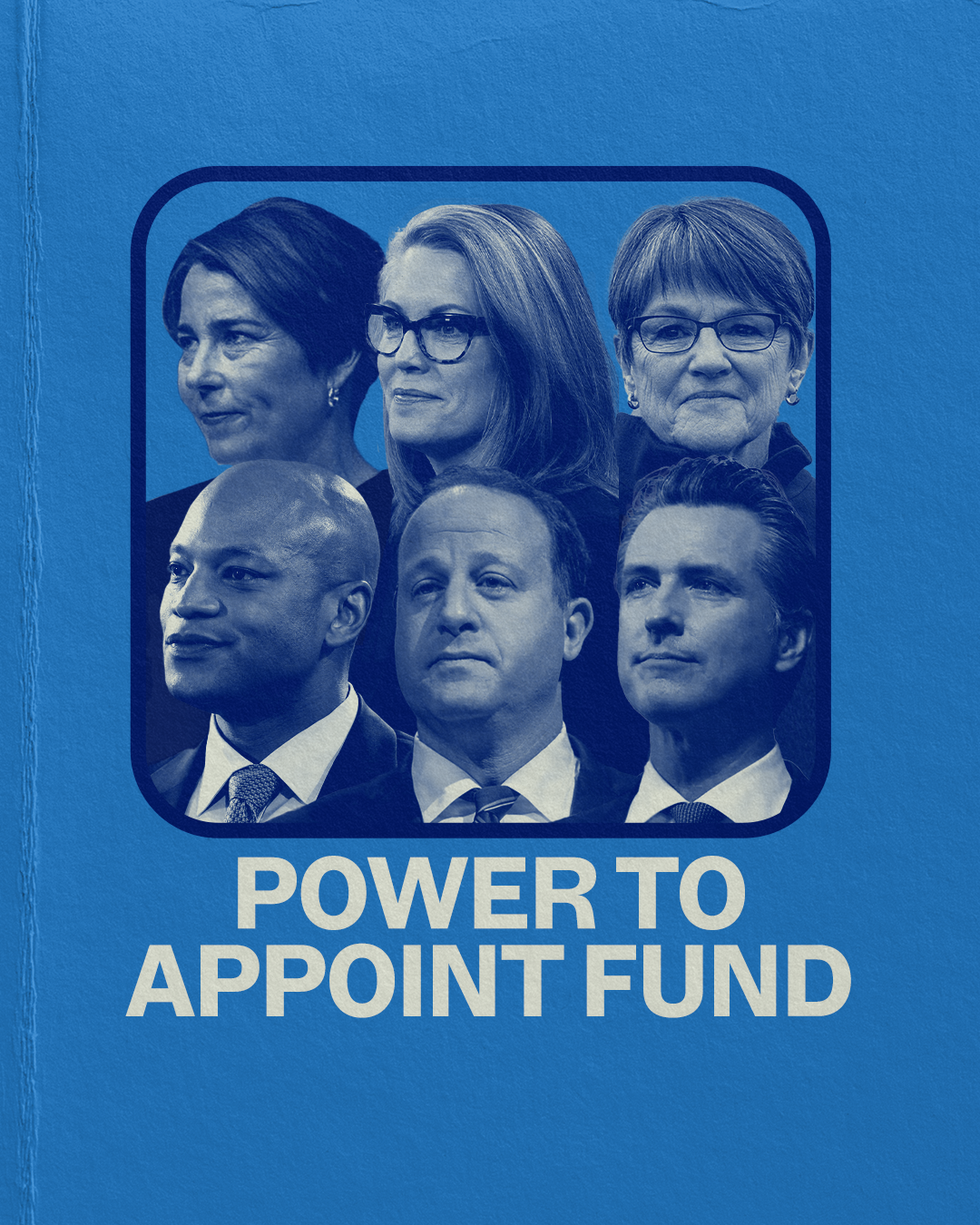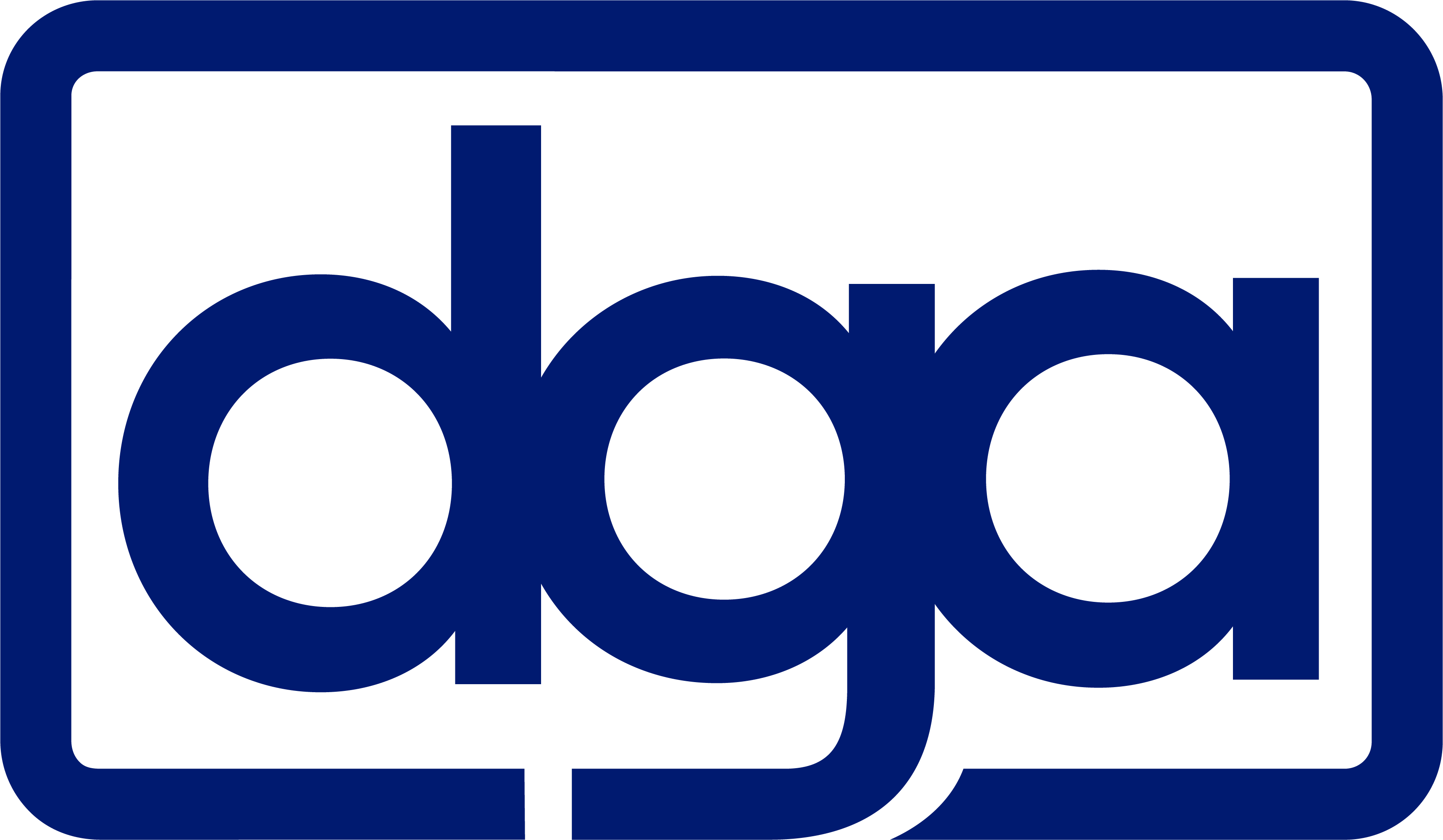
Can you donate now to join our fight?
We just launched the Power to Appoint Fund to highlight the important role Dem Govs play to ensure integrity in our country’s judicial process and protect fundamental freedoms. Your support will ensure we can make crucial investments in key states and protect our democracy. Please don’t wait: rush your gift to elect Democratic governors! >>>
Gov. Murphy’s Leadership Drives Economic Success in New Jersey
Bloomberg: New Jersey is one of only seven states with an improving economy over the last three-and-a-half years
Gov. Murphy has had a major impact on New Jersey’s economy, and his policies have delivered strong economic results for the state. A new report from Bloomberg highlights how Gov. Murphy turned New Jersey from the worst performer in the market for state and local economic debt, to “the nation’s most desired by investors.”
Since Gov. Murphy took office, the state has undergone a major transformation. Now, according to Bloomberg, “New Jersey is one of only seven states with an improving economy over the last three-and-a-half years,” and it’s “the only one of those seven with perennial leadership in public education and health care.”
Compared to former Republican Gov. Chris Christie, who refused to make critical and necessary investments in the state and fueled the debt crisis, Gov. Murphy swiftly implemented strong economic policies that put the state on the path to economic success. Now, according to Murphy, New Jersey is “investing at an all-time high in infrastructure” and committing “more money to child care, affordable housing, pre-kindergarten through 12th grade, free community college below specified income levels.”
While Republican gubernatorial candidate Jack Ciattarelli threatens to drag New Jersey back to the days of failed economic policy and high state debt that characterized Chris Christie’s administration, Gov. Murphy continues to lead the state forward, and is “the only U.S. governor who promised and delivered higher minimum wages, a tax on millionaires, paid sick leave, college financial aid, free community college tuition, stricter gun laws, legalized recreational marijuana and the first full payment to New Jersey’s pension system in 25 years.”
Read more about New Jersey’s monumental economic success thanks to Gov. Murphy below:
Bloomberg: The Bond Market Loves New Jersey. Yes, New Jersey.
High taxes and living costs along with underfunded borrowing once seemed to explain why New Jersey has been the worst performer in the $3.8 trillion market for state and local government debt during much of the last decade. Then a new governor actually raised taxes and imposed new costs on business — and turned the state’s debt into the nation’s most desired by investors since he took office in 2018.
Now New Jersey is one of only seven states with an improving economy over the last 3 1/2 years, measured by employment, personal income, home prices, tax receipts, mortgage delinquencies and the equity of their companies. It’s the only one of those seven with perennial leadership in public education and health care.
The 11th-most-populated state appears likely to re-elect the new governor, 63-year-old Phil Murphy, who’d then become the first Democrat in 44 years to win a second term. Murphy stands out as the only U.S. governor who promised and delivered higher minimum wages, a tax on millionaires, paid sick leave, college financial aid, free community college tuition, stricter gun laws, legalized recreational marijuana and the first full payment to New Jersey’s pension system in 25 years.
“The two big attributes we have as a state are talent and location,” Murphy said in an interview last week in his 14th-floor office surrounded by life-size photographs of New Jersey natives Danny DeVito, James Gandolfini, Jon Bon Jovi, Queen Latifah, Jack Nicholson, Meryl Streep and Bruce Springsteen — all on loan from the Newark Museum of Art. “We have the No. 1 public education in America and we are No. 1 per square mile in research and engineers in the world.”
In contrast to their disdain for state debt during the two terms of Murphy’s Republican predecessor, Chris Christie, investors have made New Jersey the most lucrative holding among the five largest municipal borrowers with a total return (income plus appreciation) of 21.7% since the beginning of 2018, according to data compiled by Bloomberg. It’s crushing California, 16.1%; New York, 15.7%; Texas, 16.2%; Massachusetts, 15.6%; the U.S. average, 16.6%; and the world’s average for sovereign debt.
During Christie’s governorship, the state suffered four downgrades by rating companies and its bonds changed hands at the lowest prices relative to the market benchmark, according to data compiled by Bloomberg. Last week, Moody’s Investors Service raised its bond-rating outlook for New Jersey from stable to positive, the first upward move since it last downgraded the state’s credit rating to A3 in 2017.
Unlike the other top six states that improved in six metrics 1 compiled by the Bloomberg Economic Evaluation of the States since Murphy took office, the most densely populated state has no peers for the diversity of its 9.4 million residents. Its taxes and living costs are high compared to those six — Alabama, Idaho, Kansas, Maine, New Hampshire and Ohio — but its recent successes contradict the political narrative of residents fleeing to Florida and Pennsylvania, according to data compiled by Bloomberg. On the contrary, New Jersey outperformed the 2020 U.S. Census estimates with a 5.7% population increase since 2010, greater than any of its neighbors.
The long-standing commitment to public schools and health care goes hand in hand with with the thousands of skilled workers employed by 14 of the world’s 20 largest pharmaceutical companies in the state, including Bayer HealthCare, Bristol-Myers Squibb, Johnson & Johnson, Merck, Novartis and Novo Nordisk.
Murphy said that supporting Big Pharma and biotech means “we’re investing at an all-time high in infrastructure” and committing “more money to child care, affordable housing, pre-kindergarten through 12th grade, free community college below specified income levels” and wind farms on the Atlantic shelf as a climate-change imperative.
Christie initially refused to make any major investments in the third-richest state based on median income when he took office in 2010, and he immediately rejected a chance to improve transportation infrastructure. That’s when the federal government offered New Jersey $3 billion to build a rail tunnel to double commuter capacity to New York City to relieve pressure on the overburdened existing tunnel, built in 1910 and damaged in 2012 by Superstorm Sandy. Christie instead canceled the project, predicting cost overruns (without citing any evidence) in a rare period of disinflation and exceptionally low borrowing costs following the worst recession since the Great Depression.
The new tunnel, which belatedly may be built under President Joe Biden’s American Jobs Plan, would have created at least 200,000 jobs, generated $9 billion in business revenue and $1.5 billion in federal, state and local tax revenue during nine years of construction, according to a March 2012 report by the U.S. Government Accountability Office. After the Christie cancellation, New Jersey’s economic performance lagged for five years. Adjusted for inflation, median household income declined 12.2 percent to No. 4 in the nation, compared with an average drop of 3.9 percent for the U.S. New Jersey was among only 12 states with deteriorating economic health defined by jobs, mortgage delinquency, personal income, home prices, tax income and stock performance, according to data compiled by Bloomberg. The same data showed Michigan and California, where infrastructure was a priority, as leaders in job growth. By the same measures, New Jersey plummeted to No. 6 from the bottom.
###

